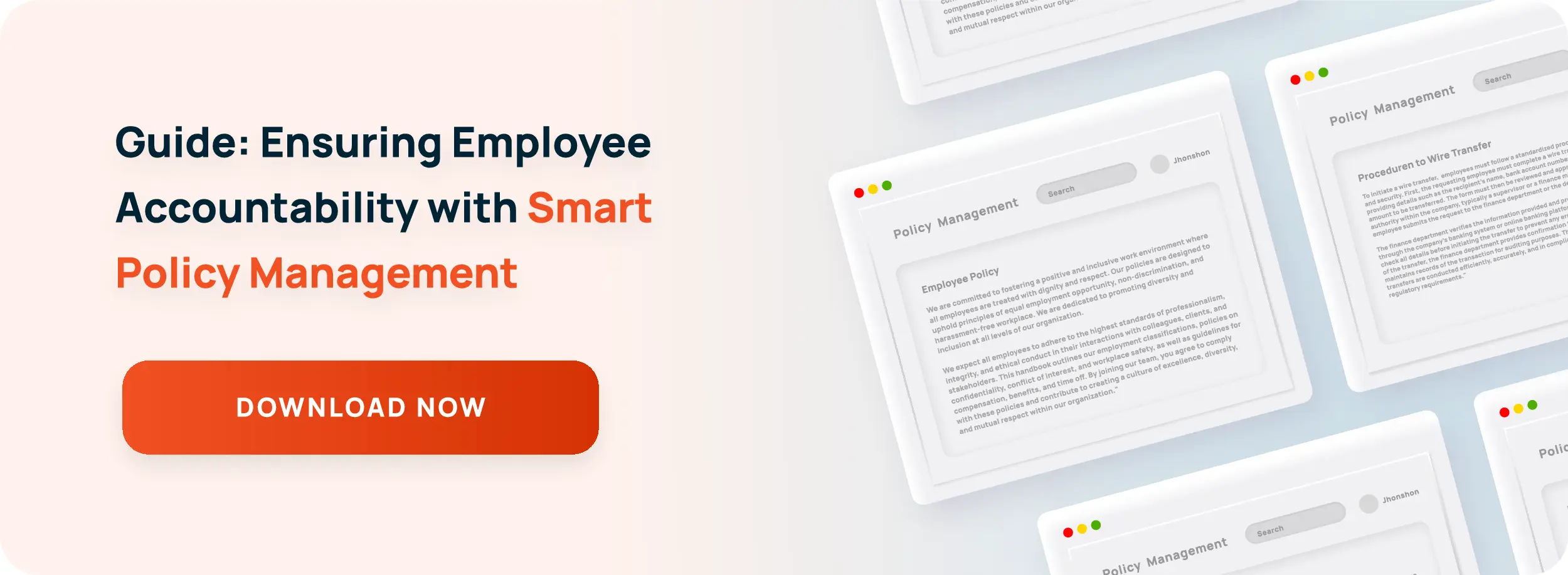Dodd-Frank Compliance – 3 Lessons Learned From Wells Fargo

Wells Fargo’s recent fine of $100 million from the Consumer Finance Protection Board (CFPB), and $85 million from two other sources, has the entire compliance realm talking. The bank was found to have opened 2 million unauthorized bank and credit card accounts without customer knowledge in order to gain incentives of opening new accounts. Managers and other administrative staff let over 5,000 employees create these accounts, which eventually led to their termination from the organization.
One of the biggest issues found was the lack of any internal controls to identify and communicate illegal behavior to employees. Since employees were following directives from management and working towards incentive compensation, no standards were set to effectively set expectations and ways of achieving sales goals. The duty of the compliance department was to share banking laws along with internal controls to make sure employees understood their actions were not regulatory compliant. In this case, that didn’t happen.
What are some of the key takeaways compliance and policy managers should gleam from Wells Fargo’s recent compliance troubles? What are some ways to make sure that does not happen in your organization?
1. Communicate and Explain Code of Conduct to Employees
This goes without saying. When new employees join an organization, they’re required to learn policies applicable to them, along with a Code of Conduct or Ethics. In the case of Wells Fargo, the employees found to have illegally opened new accounts were not aware of the policies and codes in place, or were too focused on gaining incentive compensation. Either way, compliance and policy managers failed to reinforce the core values, and legal ramifications, of the organization. A few bad apples does not deter the entire organizational culture, but it does clearly state the need for compliance and policy managers to routinely monitor whether their policies and procedures are communicated effectively.
Before delving deeper into this blog to explore two additional lessons from Wells Fargo, we suggest you to check out our guide that provides valuable insights on employees accountability.
2. Do Not Undermine Compliance for Greater Sales Goals
Staying regulatory complaint and achieving lofty sales goals sometimes come at a cross-head. For example, an organization has entered a new quarter and sets grand expectations for sales and profits. Senior management encourages employees to go above-and-beyond and set new sales goals of their own. This is where a disconnect can occur, and in the case of Wells Fargo, lead to a total of $185 million in fines. Compliance was not a priority in relation to reaching new sales goals, and enabled employees to proceed without any clear idea of how their actions breach policies and procedures in place. Compliance and policy managers should make it a clear priority when discussing new profit goals or company growth measures with C-suite executives or senior management.
3. Review and Implement Policies and Procedures Management Processes
Wells Fargo is a large organization with thousands of employees. The entire range of the workforce at Wells Fargo is incredibly varied, with specific policies and procedures applying to unique groups in the organization. With some sort of policy management software, like the one offered by ConvergePoint, Wells Fargo could have complete control over their policies and procedures lifecycle. They could handle the entire creation, distribution and training phases of their policies and procedures, and avoid the costly fines of non-compliance.
Their compliance managers would have benefited from custom workflows to manage their policies and procedures on one central platform. They would have also benefited from auto-publishing features to distribute their policies, codes of conduct and ethics, and banking regulation laws to all of their employees. Plus, they would be able to track the training of their employees by using optional quizzes or acknowledgement features to make sure they understand the compliance landscape of the industry they work in.
Talk to a compliance specialist today to learn how our Policy Management expertise can be applied to your business by scheduling a demo now.

